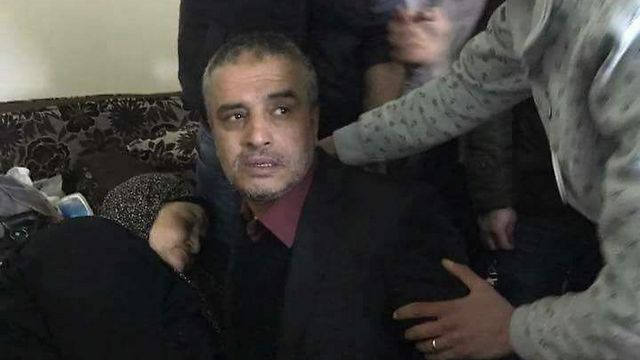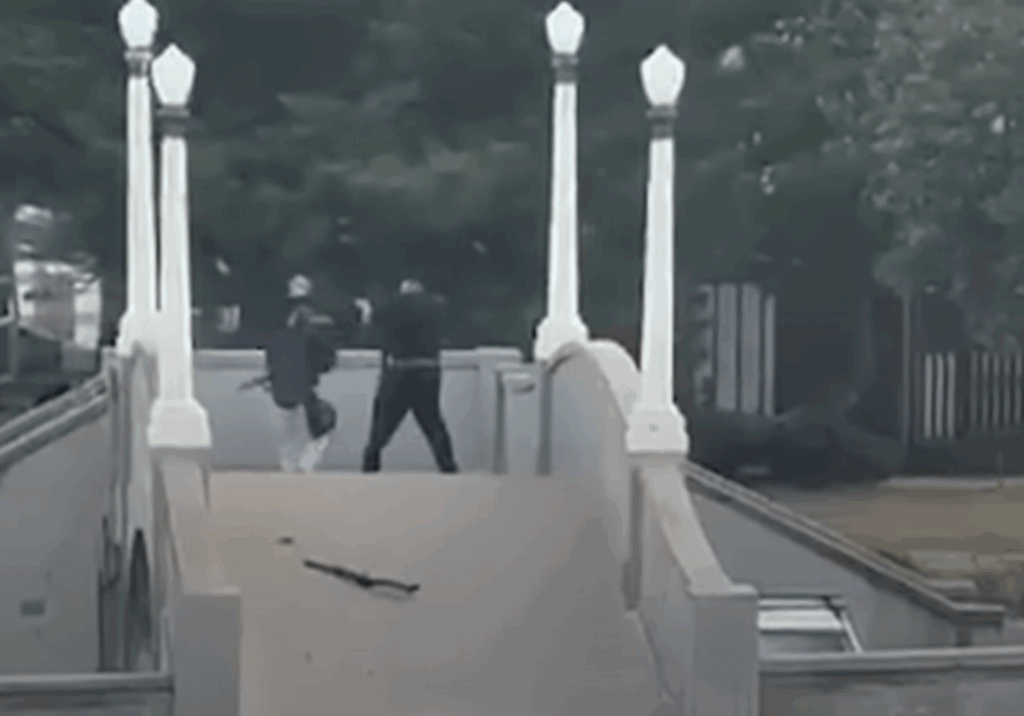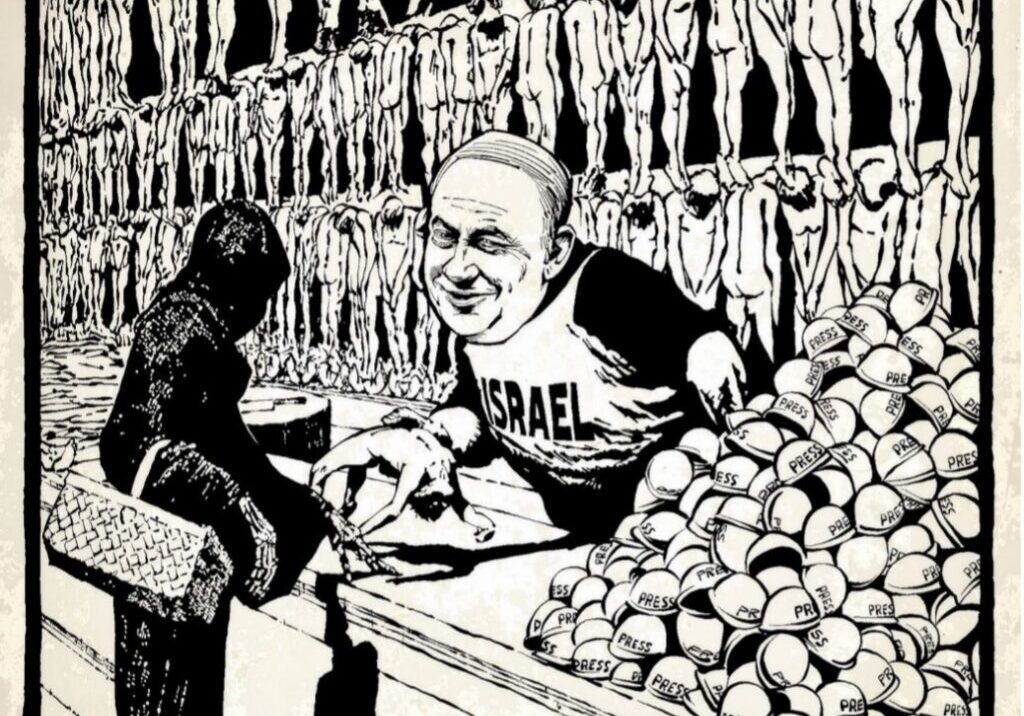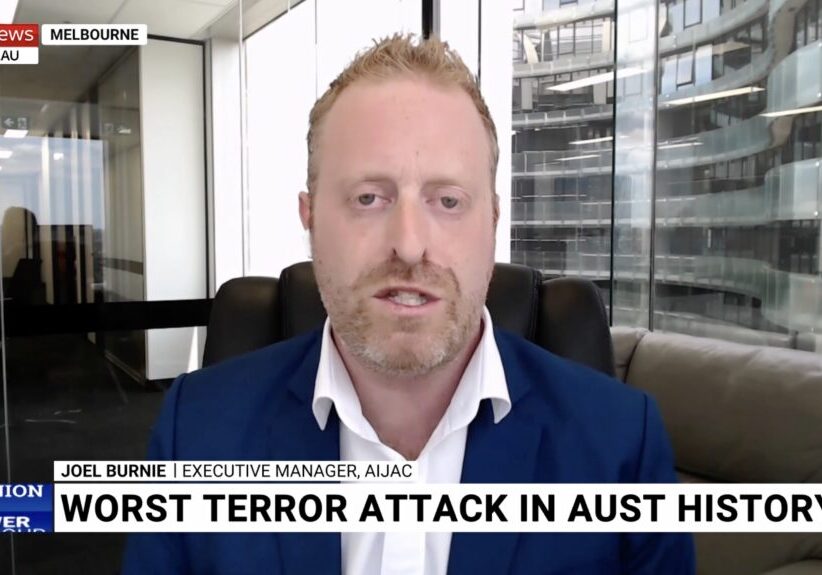Australia/Israel Review
Deconstruction Zone: The Mideast Culture of Hate
Apr 4, 2017 | Mustafa Akyol

Mustafa Akyol
On March 12, 2017, Ahmed Daqamseh, the Jordanian soldier who had murdered seven Israeli schoolgirls in 1997, was released from prison. One would have expected to see him regret his horrible crime, and the people around him to express remorse for his victims – as the late Jordanian King, Hussein, exemplified 20 years ago when he declared, “My loss is your loss.”
Sadly, however, that was not the case. Some Jordanians welcomed Daqamseh home as a hero, meeting him with cheers. When he spoke to the media in his village, he justified the massacre he committed, calling Israelis “human waste.”
Daqamseh’s release from prison illustrated a disturbing reality: the normalisation of hate and the de-humanisation of enemies. Every nation praises its heroic soldiers for fighting the enemy and winning victories. To praise a man who killed seven children, however, is something else. It is a pathological enmity that corrodes basic decency.
I see this problem all across the world’s most troubled region – the Middle East. It is, in a nutshell, a culture of hate. It designates enemies, and defines them not as human beings with conflicting goals and interests, but rather as the incarnations of evil. These are the kind of enemies you can only eradicate, not potentially make peace with.
It cannot not be denied that this prevalent culture of hate in the Middle East has something to do with the prevalent religion of the region: Islam. No wonder the objects of hate are often defined in religious terms: infidels, heretics or the munafiquun – the Qur’anic term for hypocrites.
This has led some non-Muslim observers of the region to assume that Islam, inherently, is a religion of hate – and conflict and violence. In my view, however, they are getting the causality wrong. It is not that Islam has produced a culture of hate in a region that otherwise would be more moderate and mature. It is rather that the political traumas of the Middle East since the late 19th century – colonialism, occupations, wars, despots – produced a culture of hate, and that culture has opted for, and amplified itself through, a more bigoted and militant interpretation of Islam.
Like most other religions, the basic texts of Islam include teachings that advocate peace, compassion and coexistence, along with teachings that advocate war, revenge and triumph.
One of the great scholars of the Middle East, Bernard Lewis, once pointed to the tapestry in Islam in his much-discussed 1990 essay, “The Roots Of The Muslim Rage.” “There is something in the religious culture of Islam,” Lewis first observed, “which inspired, in even the humblest peasant or peddler, a dignity and a courtesy toward others never exceeded and rarely equaled in other civilisations.” However, he added, “In moments of upheaval and disruption, when the deeper passions are stirred, this dignity and courtesy toward others can give way to an explosive mixture of rage and hatred.”
The bitter fact is that we are now in a moment of “upheaval and disruption,” and the “deeper passions” are indeed stirred in many parts of the Muslim world. The result is rage and hatred against “the other”, which can be Westerners, “Crusaders”, Jews, or just Muslims of a different persuasion.
What does this mean for those others? Should Westerners – or Israelis – just deem Islam as their enemy and prepare themselves for an inevitable “clash of civilisations”?
That would be a disastrous mistake. Enmity and militancy against Muslims will only deepen enmity and militancy among Muslims. It is a vicious cycle that will drain us all down to destruction.
What is rather needed is to heal the culture of hate, wherever it exists. And as we probably all know, it exists not just among Muslims, but elsewhere as well – as evidenced by a spate of hate crimes and vitriolic language against Muslims.
To heal this culture of hate, on the Muslim side, much responsibility lies in the hands of Muslim opinion leaders. They should use their moral authority to call on Muslims to critically look at themselves, to explain their current malaise, rather than putting the blame on the outsiders.
The outsiders, on the other hand, should do better than condemning the essence of Islam. Rather than closing the gates and getting into the trenches, they should engage in a constructive dialogue.
Mustafa Akyol is a visiting fellow at the Freedom Project at Wellesley College and is the author, most recently, of The Islamic Jesus: How The King Of The Jews Became A Prophet Of The Muslims (St. Martin’s Press).© New York Forward (forward.com), reprinted by permission, all rights reserved.
Tags: Islamic Extremism






